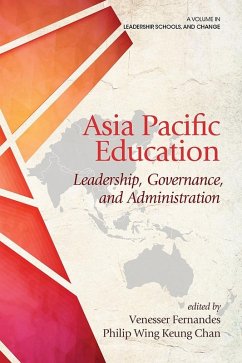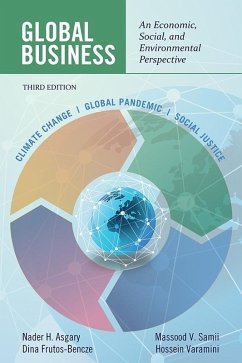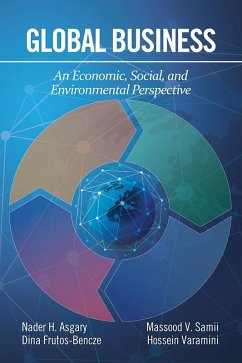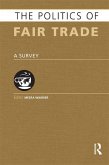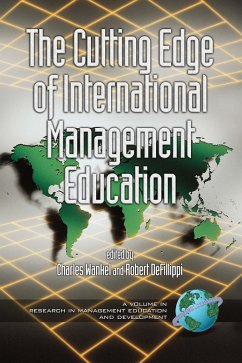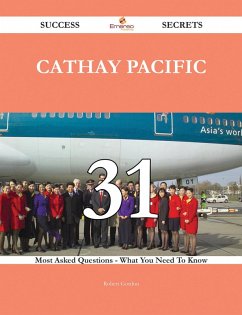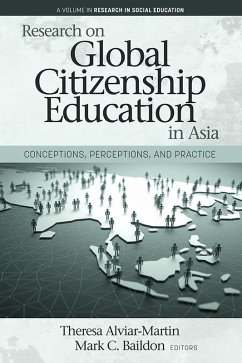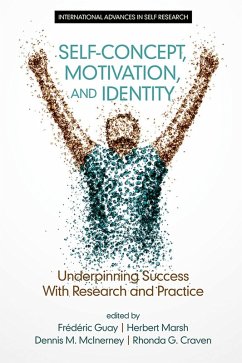The Asia-Pacific region has rich and unique traditions, cultural diversity and common as well as unique challenges, including obstacles of language and geographical separation. As home to over 60 per cent of the world's population, this region has a diverse range of educational issues, which have not as yet been fully explored. This ground-breaking volume considers current perspectives on educational diversity, challenges and changes occurring across a number of countries in the region and provides a closer look at these complexities.Focus has been given to the influence and impact that these complexities are having on policy and practice in leadership, governance and administration structures. Who has been given the agency? What kinds of power currents are in play? What are the hidden political enablers and disablers in these narratives? The authors of chapters in this series have presented some solid examples of what is currently happening, the discourse that is emerging around it, the effects of these changes and their impact within the region. While some of these narratives are a synthesis of literature and policy, other chapters have focused on findings from empirical studies being conducted in this space.As a timely collection of works from active researchers in Education, the book supports and encourages the importance of on-going educational research within the Asia-Pacific region The findings in this book have been drawn from original and current research which is anticipated as being a valuable academic reference as well as a teaching resource in the field of Education. This volume will be beneficial to students and academics of Education around the world as well as a useful reference to educational academics, researchers, policy-makers and administrators across the Asia-Pacific region.The Asia-Pacific region has rich and unique traditions, cultural diversity and common as well as unique challenges, including obstacles of language and geographical separation. As home to over 60 per cent of the world's population, this region has a diverse range of educational issues, which have not as yet been fully explored. This ground-breaking volume considers current perspectives on educational diversity, challenges and changes occurring across a number of countries in the region and provides a closer look at these complexities.Focus has been given to the influence and impact that these complexities are having on policy and practice in leadership, governance and administration structures. Who has been given the agency? What kinds of power currents are in play? What are the hidden political enablers and disablers in these narratives? The authors of chapters in this series have presented some solid examples of what is currently happening, the discourse that is emerging around it, the effects of these changes and their impact within the region. While some of these narratives are a synthesis of literature and policy, other chapters have focused on findings from empirical studies being conducted in this space.As a timely collection of works from active researchers in Education, the book supports and encourages the importance of on-going educational research within the Asia-Pacific region The findings in this book have been drawn from original and current research which is anticipated as being a valuable academic reference as well as a teaching resource in the field of Education. This volume will be beneficial to students and academics of Education around the world as well as a useful reference to educational academics, researchers, policy-makers and administrators across the Asia-Pacific region.
Dieser Download kann aus rechtlichen Gründen nur mit Rechnungsadresse in A, B, BG, CY, CZ, D, DK, EW, E, FIN, F, GR, HR, H, IRL, I, LT, L, LR, M, NL, PL, P, R, S, SLO, SK ausgeliefert werden.

